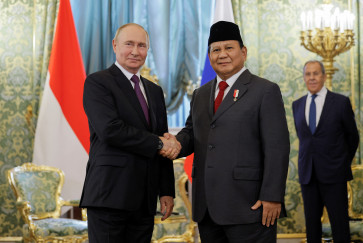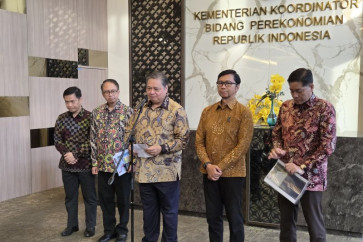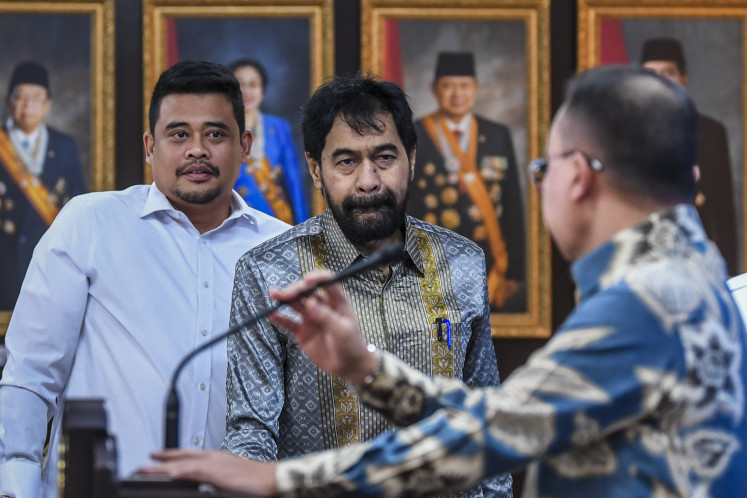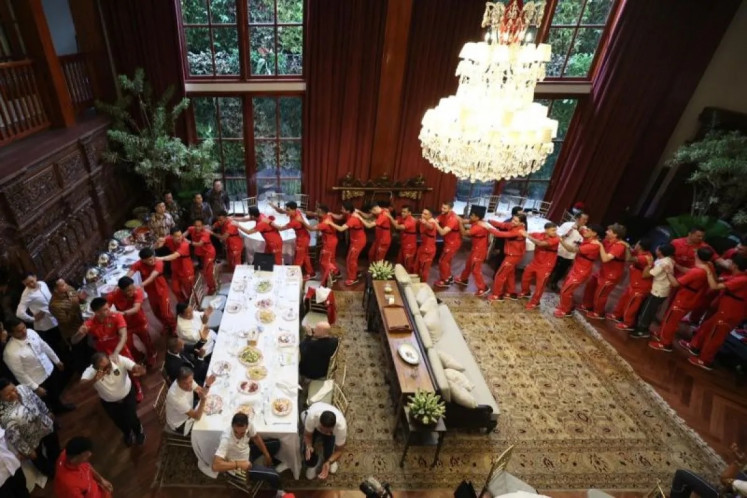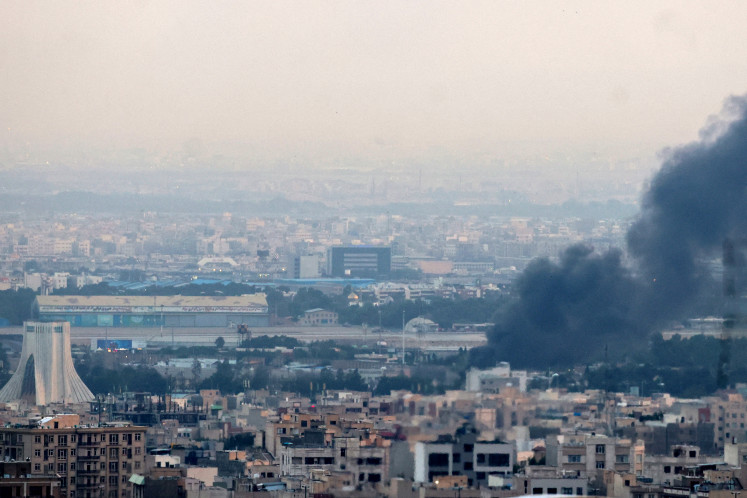Popular Reads
Top Results
Can't find what you're looking for?
View all search resultsPopular Reads
Top Results
Can't find what you're looking for?
View all search resultsAlternative view: Four Indonesian films take another angle on 1965 communist panic
Change text size
Gift Premium Articles
to Anyone
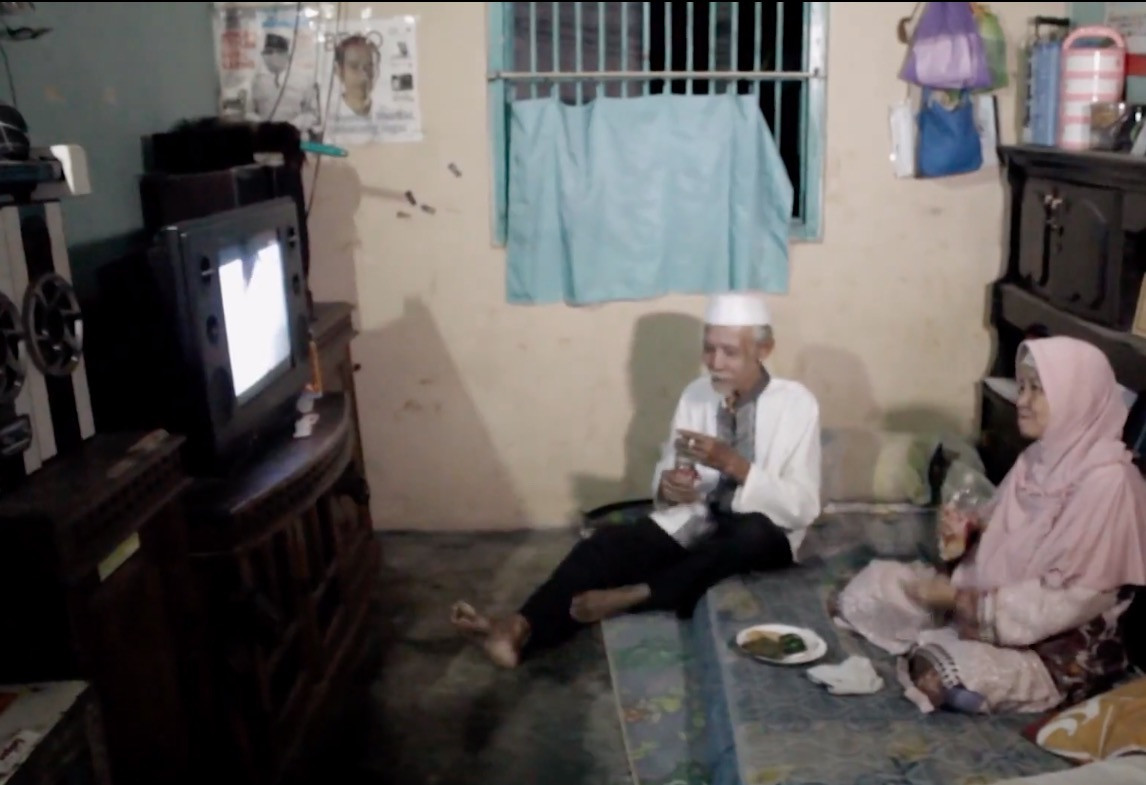
After the collapse of the New Order, Indonesian filmmakers began producing films with a more objective view of the 1965 massacre.
Essentially a pseudo-docudrama created for propaganda purposes, Arifin C. Noer’s Pengkhianatan G30S/PKI was created by the New Order to push its version of events that happened between 1965 and 1966.
After Soeharto's authoritarian regime collapsed, Indonesian filmmakers began producing films with a more objective view of the 1965 massacre. One that courted much controversy in recent times was 2012’s Jagal: The Act of Killing, directed by American filmmaker Joshua Oppenheimer. The film followed Anwar Congo, a former leader of a North Sumatran death squad that killed thousands of people suspected of being members of the Indonesian Communist Party (PKI) in Medan in the mid-1960s.
Mass Grave, Digging Up the Cruelties (Indonesia's Forgotten Barbarism)
Dir. Lexy Junior Rambadeta, 2001. 30 minutes.

On April 18, 2016, Lexy Junior Rambadeta, a filmmaker and freelance journalist, pushed his way through the crowd at a symposium to commemorate victims of the 1965 tragedy, to speak with Luhut Binsar Pandjaitan, Indonesia’s coordinating maritime affairs and investment minister. Lexy wanted to show Luhut footage of a mass grave that was used for victims of the 1965 massacre, in Wonosobo. From inside his car, Luhut, responding to Lexy's question, asked the filmmaker:
“How many?”
"21 people, all in one hole," explained Lexy.
"Show me," replied Luhut, closing his window, and his car driving away, almost in a tragicomic manner.
Lexy had in the camera he was holding footage he collected two decades ago. In 2001, he made Mass Grave, a film that follows a woman named Sri Muhayati and other families of victims of the 1965 incident, all of whom are looking for the location of their murdered family members’ graves. (All are members of YPKP 65 or Yayasan Penelitian Korban Pembunuhan 1965-1966, which translates as The 1965-1966 Murder Victims Research Foundation).
They rummage through the jungle of Situkup, Dempes village, in Wonosobo, with a forensic team and carry out excavations. In one hole they dig through, the group discovers bones and 21 corpses – believed to be of their family members’ - jewelry and bullets, all piled up. Forensic examination proves that one of the bodies is Sri Muhayati's father.
The film also shows the kinds of push back experienced by the family members. Efforts to bury the bodies properly were rejected by fellow villagers and leading members of the communities around Wonosobo, who did not want supposed former-PKI members to be buried there.
The film is available for free on YouTube.
Awal: Fate of Human (sic)
Dir. Gilang Bayu Santoso, 2016. 27 minutes.
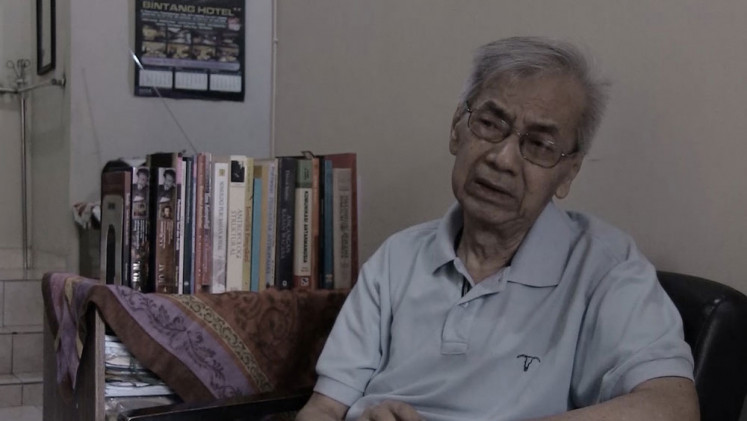
Awal: Fate of Human documents the story of Awal Uzhara, who was 29 years old when Sukarno sent him to Russia to study cinematography at the Gerasimov Institute of Cinematography as part of the former president’s aim to send many young Indonesians abroad to study. When he returned in 1965, things had changed and Awal faced challenges, his passport revoked because it showed his connection with the former Soviet Union, seen then as a bastion of communism.
Adrian Jonathan Pasaribu, founder of Indonesian film review website Cinempoetica, said Awal: Fate of Human made him question what our arts and social sciences would look like if the events of 1965 had never happened.
"Yes, it’s a utopian dream indeed. But understanding history also requires speculation,” Adrian said to The Jakarta Post on Sept. 23. “Awal made me think about our lost generation of intellects [who went abroad to study].
The documentary shows how the New Order was responsible not only for taking lives, but also hopes and dreams.
Awal: Fate of Human can be watched for free via the website Viddsee.com
We Just Following Order, General! (sic)
Dir. Ilman Nafai, 2016. 13 minutes.
This documentary follows three former Cakrabirawa (Air Force) soldiers of the regiment led by Lieutenant Colonel Untung, the Batalyon I Tjakrabirawa commander alleged to have led the Sept. 30 movement, as they recall the violence that occurred that night. The three ex-soldiers (who remained close friends) were given a mandate to pick up the seven generals who were later found murdered and left for dead at Lubang Buaya. They speak about being instructed to pick up the generals at their homes, allegedly because the generals were planning a coup against President Sukarno. Later, the three ended up imprisoned for decades, ironically accused of being PKI sympathizers.
Ilman Nafai, a young filmmaker from Purbalingga who directed the film while still at high school in 2016, tries to show the soldiers as being both the perpetrators as well as unknowing victims.
We’re Just Following Order, General! argues that the incident victimized not only the generals, their families and those accused of being communists, but also the soldiers who were given orders by their commanders.
Ilman said the film resulted in him being bullied. His school’s film class was also shut down due to it.
The documentary is available for free on Purbalingga's Cinema Lovers Community (CLC) YouTube account.
Sowan
Dir. Bobby Prasetyo, 2014. 15 minutes.
This fictional short tells the story of two close friends, Murti and Mien, during their days as children in the early 1960s in Klaten, Central Java. Murti, an aspiring singer, has dreams of one day singing in front of President Sukarno at the palace – a dream that Mien also becomes invested in. This never happens, as Murti’s father is soon imprisoned, allegedly for being a communist sympathizer.
The 17-minute film then shows how that imprisonment drives the two children apart. The story then shows an adult Mien as she begins a process of sowan – the Javanese term for visiting a close friends’ residence – to reunite with Murti.
Cinempoetica’s Adrian Jonathan said Sowan showed how in 1965, any Indonesian could be a victim.
“Sowan [is] probably the most 'friendly' articulation of reconciliation. Of course, I understand that reconciliation is a complicated and multidimensional issue. I think Sowan can translate [these issues] on a personal level,” said Adrian.


